The eighth edition of Tata Literature Live! had some exciting and intellectually stimulating conversations. While all the sessions were exhilarating to attend, we chose to only cover the more ‘literary’ ones in our special coverage. Here, we’ve chosen some of the best quotes from some of the other sessions we attended.
Opening ceremony: We gave you cricket, you gave us curry. Who got the better deal?
“There is no space in any civilised society for discrimination of any kind, and that is the greatest lesson of the 20th century.”–Peter Frankopan
Oxford historian Peter Frankopan spoke passionately about the dangers of Brexit and politico-cultural isolation in today’s highly globalised society while lamenting how some world leaders still have a narrow view on who is deserving of opportunities and who isn’t. This powerful statement was just one of many in an altogether interesting, enlightening and incredibly fun debate with Shashi Tharoor. Debating whether the British were good or damaging for India is no easy task, but both these intellectuals proved to the audience that there are too many facets to history to be able to conclude either way on this topic.
Bleeding Arts: The role of culture in times of conflict
“Culture is a way of life. Regardless of how rich or poor we are, we all strive to live well. The daily rituals a villager follows is part of culture, following a continuum which can make its way to a museum.”
–Glenn Lowry
Director of MOMA, Glenn Lowry responded to festival director Anil Dharker’s provocative statement that art and culture are enjoyed by the rich and go unnoticed by the poor, with this poignant and succinct statement. According to all three panellists, it is unfair to think that people from a certain stratum of society do not appreciate art. Eminent Harvard professor Homi Bhabha went on to add that while they may not be able to afford certain cultural experiences, it is ridiculous to claim they do not have the imagination to do so.
Fiction as fact: Living in a post-truth world
“Multiple truths is an invitation to conversation. Post-truth shuts down conversation. A conversation shouldn’t have boundaries.” –Uday Singh Mehta
This enlightening and thought-provoking session saw all three panellists vociferously speak about how dangerous the ‘post-truth’ world is. The advent of technology makes one question their very belief in what the truth is because of the pure quantum of (often highly unreliable) information available to them. Political Scientist and professor Uday Singh Mehta opined that ‘multiple truths’ are excellent because they are essentially research backed opinions, which make for engaging conversations and force a participant to learn something they may not know. On the other hand, post-truth is dangerous as it is simply trying to prove a point without having any backing for the same.
Boom Country: The New Wave of Indian Entrepreneurs
“Our panel is imperfect because it has only men.”–Alan Rosling
This brilliant session was focussed on the new wave of entrepreneurs in India, and what needs to be done to encourage them. The session started with the author of Boom Country, Alan Rosling making the astute observation that a nation without women entrepreneurs is likely to be bereft of success, as they add an important perspective to any business. He joked about the panel being imperfect because of the lack of women. Pulitzer Prize winning journalist Thomas Friedman also stressed the importance of not forgetting the human aspect of entrepreneurship, confidently betting that machines will never replace humans. He summed it up beautifully using the formula: CQ (Curiosity Quotient) + PQ (Passion Quotient) being greater than IQ (Intelligence Quotient).
Between The Sheets: The History of Paper
“What are emojis? The return of hieroglyphics.” –Mark Kurlansky
In this informative session, historian and author of books-that-cover-often-considered-random-but-important subjects like salt and cod discussed his interest in paper and its colourful history. He spoke about its origins and strongly opposed a popular theory that paper is close to extinction. He stressed upon the fact that while technology may change the use of paper (for example printing a dictionary is no longer necessary), paper itself can never not be used and the concept of a paperless office is a myth. During the session, he stressed on the importance of paper as a medium of communication and the cyclical nature of words, using the example of how emojis ultimately serve the same purpose today as hieroglyphics did in ancient Egypt.
Poet Laureate Keki N. Daruwalla in conversation with Ranjit Hoskote
“We were brought up with 19th century poetry … The education board couldn’t afford the copyright fees for poems by 20th century writers, who were still alive.” –Keki N. Daruwalla
Keki N. Daruwalla was honoured as Poet Laureate at Literature Live! and he began the conversation by reading some of his evocative and beautiful poetry. His poems about Kashmir and Afghanistan were especially memorable. Hoskote lightly chided him for his style of poetry and how he often referenced poets who were long dead, Daruwalla jokingly responded by telling us that in his growing years, he was not exposed to poets more relevant to his time as the education board would not pay their copyright fees, thereby only teaching them poems which were out of copyright.
Chest Thumping: Competing Ideas of Nationalism
“Nationalism is a project that can never be completed… It is a daily giving of oneself.”
–Makarand Paranjape
In one of the most heated and exciting sessions at Literature Live, four eminent professors expounded their ideas of nationalism and what it means to be Indian. The session left us in deep thought and made us explore the various aspects of a national identity and wonder what defined us as a people. While no clear answers emerged, JNU professor Makarand Paranjape’s clear devotion to the nation and belief that the nation is greater than the individual was clear in both statements like the above as well as the excellent reference material he cited through the talk.
From Plate To Page: Stories About Food
“Food, like sex, is a great opportunity for a writer.” –Mark Kurlansky
Antoine Lewis spoke with Mark Kurlansky about the various subjects he writes on- from cod to salt and paper to non-violence. Kurlansky is nothing if not prolific and diverse in his choice of subjects. However, as evident from the quote above, for him, food is one of the most exciting topics to write about. During the session, he regaled us with interesting anecdotes learnt from all the research he’s done, such as, how having a potbelly is still considered a status symbol in parts of Haiti and spoke a bit about Gandhi and the importance of salt in India’s Independence struggle.
Which of these quotes resonated with you? Let’s take the discussion forward. Share your thoughts with us in the comments below.
Receive articles like this in your inbox. Subscribe to our weekly newsletter and get the best of what to read from around the web.

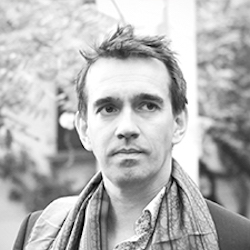
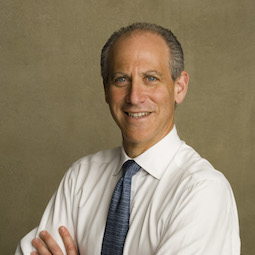
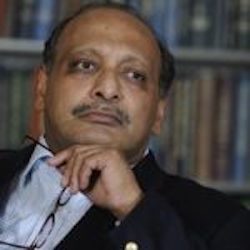
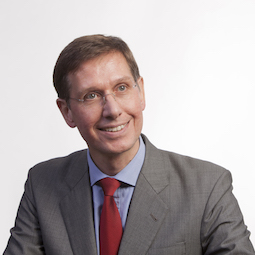
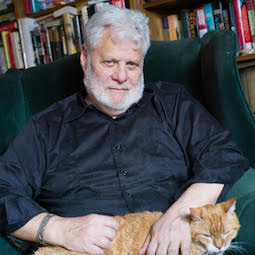
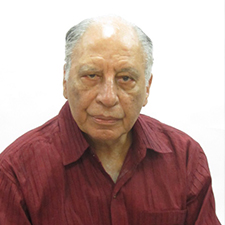
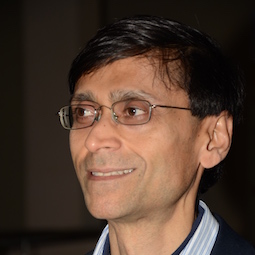

Check your inbox to confirm your subscription
We hate spam as much as you hate spoilers!